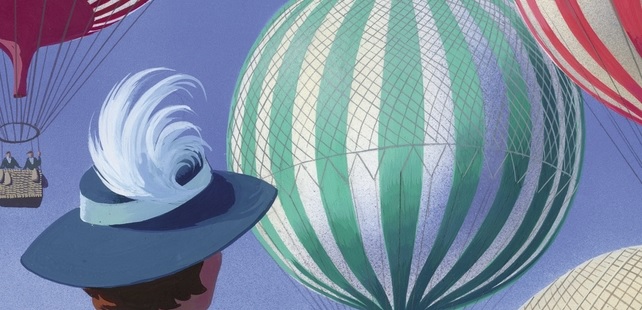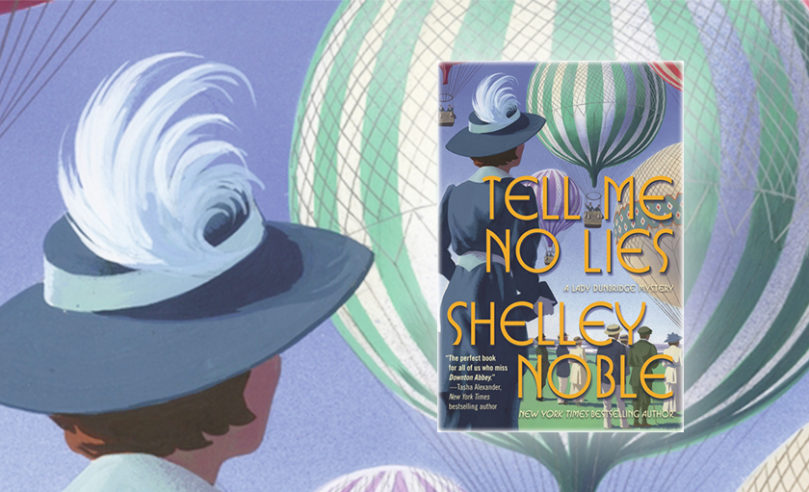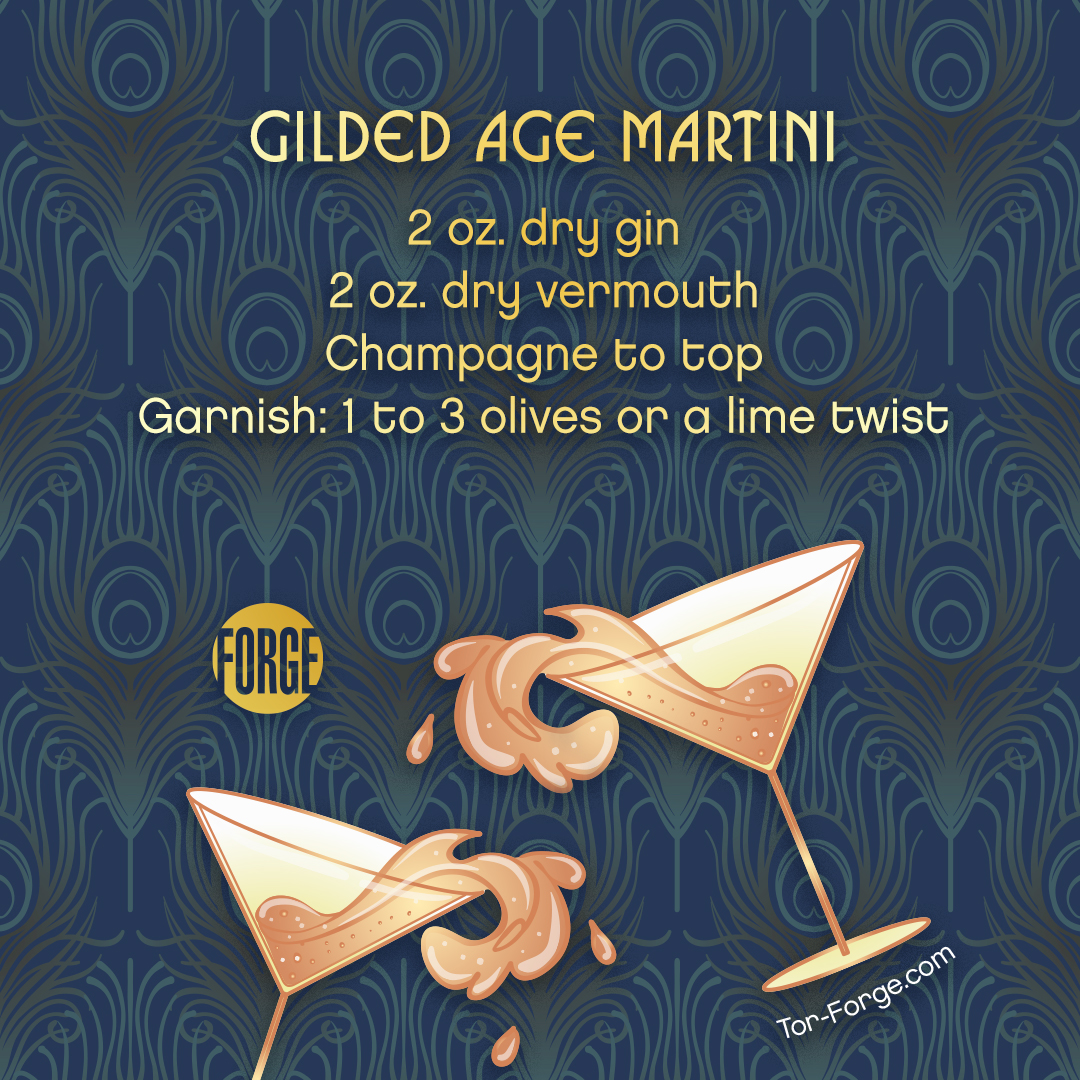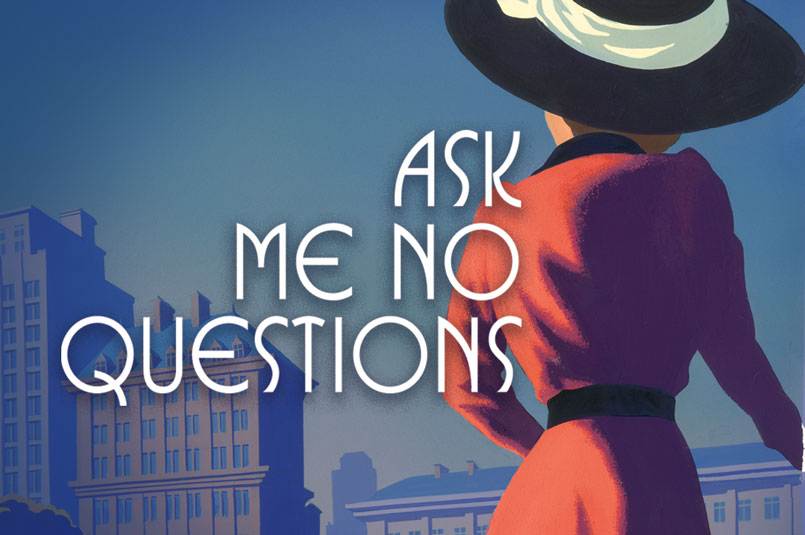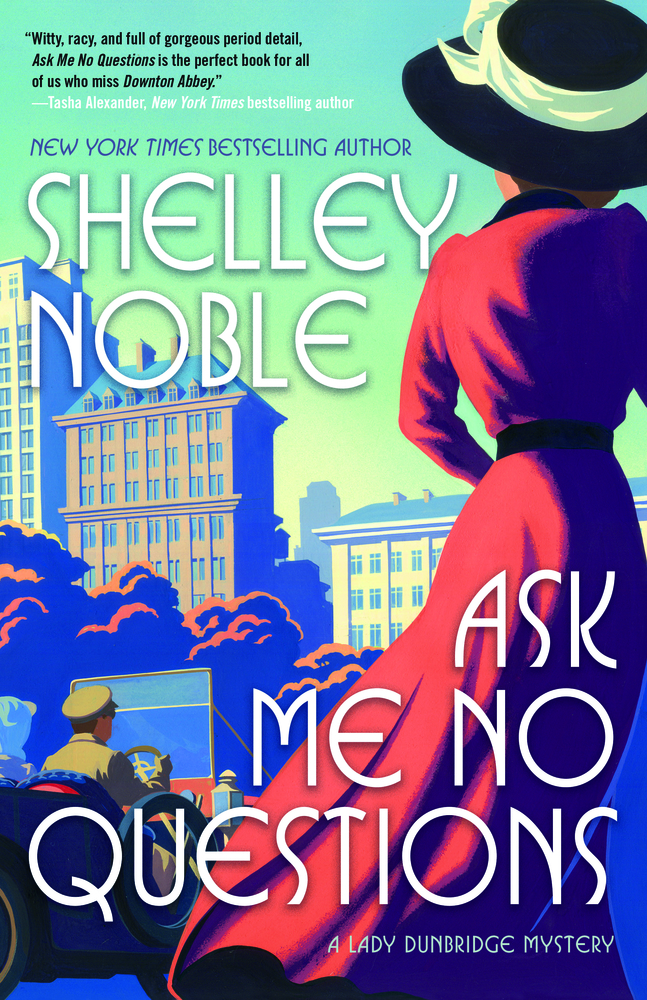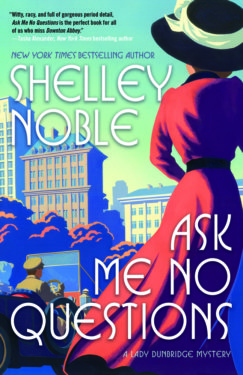Six Mysteries That Kept Us On Our Toes In 2019
By Alison Bunis
How was your 2019? Did you hit your Reading Challenge goal of 25 books by the end of the year? Or however many books you wanted to read? If so, color me impressed! If not, we’ve got a few suggestions here with enough spine-tingling, page-turning mojo to make sure you rip right through them. And since you won’t be able to put these mind-bending mysteries down until you’ve finished them, you’ll definitely be able to pad your end-of-the-year reading numbers.
Redemption Point by Candice Fox

A disgraced former cop and a convicted murderer don’t sound like the P.I. dream-team, but Candice Fox is so good, she not only makes it work—she makes you wonder why you didn’t think of it first. In Redemption Point, the follow-up to Crimson Lake, Ted and Amanda are pulled in separate directions. As Amanda investigates the murders of two young bartenders, Ted desperately tries to prove, once and for all, that he was not the man who brutally abducted Claire Bingley. If Ted can’t prove his innocence, he’ll be the victim of a brutal revenge plot orchestrated by Claire’s devastated father. As Ted and Amanda circle closer to the truth, redemption appears to be on the cards—but it may cost them their lives.
Tell Me No Lies by Shelley Noble

Lady Dunbridge—Phil to her friends—has no intention of sitting around and missing out on all the fun just because she happens to be a widow. She got into some wonderfully scandalous adventures in Ask Me No Questions, and now she’s back with her signature brand of stylish sleuthing in Tell Me No Lies. Murder and scandal abound in Gilded Age Manhattan, after all. This time, a handsome young business tycoon has been murdered. His death could send another financial panic through Wall Street and out into the country beyond. Someone simply must do something. And Lady Dunbridge is happy to oblige.
The Murder List by Hank Phillippi Ryan

Rachel North loves her life. Her hard work and dedication in law school have paid off in the form of a top-notch internship with the Boston DA’s office. She’s in a loving, happy marriage, and her handsome, devoted husband just happens to be a successful defense attorney. Rachel knows that it’s her smarts and her determination to do the right thing got her here, and she’s got a clear picture of what the future will bring.
Problem is, of course, she’s wrong. And in this cat-and-mouse game, the battle for justice is about to become a fight for survival.
Hudson’s Kill by Paddy Hirsch

When Justy Flanagan became a city marshal at the end of The Devil’s Half Mile, he thought he’d seen the worst New York City had to offer. Now, in 1803, the city continues to surprise him with worse depravities than anyone could have imagined. When a young black girl is found stabbed to death in an alleyway, Justy and his old friend Kerry O’Toole, now a schoolteacher, each follow the girl’s murder down separate paths to the same shadowy community on the edge of the growing city. There is a craven political conspiracy in the heart of the city, and it’s tied up with a stunningly depraved criminal enterprise—and Justy and Kerry must fight to save the city, save themselves, and bring the girl’s killer to justice.
They All Fall Down by Rachel Howzell Hall

A group of sinners. An isolated island. A mysterious force picking them off one by one. If it sounds familiar, no, this is not And Then There Were None, although you’d be forgiven for thinking that—Rachel Howzell Hall was inspired by Agatha Christie’s classic when she sat down to write They All Fall Down. In this case, ten sinners become seven, and we’re updated to present day, where Miriam Macy receives a surprise invitation and sails off to a luxurious private island off the coast of Mexico with six other strangers. Surrounded by miles of open water, everyone soon learns that they have been brought to the remote island under false pretenses—and that they all harbor a secret. Danger lurks in the lush forest and the lonely mansion. Sporadic cell-phone coverage and miles of ocean keeps the group trapped. And strange accidents stir suspicions, as one by one . . .they all fall down
Heart of Barkness by Spencer Quinn

No offense to all the human narrators in the crime fiction genre, but Chet the dog might just take the cake as our very favorite crime narrator. He’s a dog who solves crime—along with his P.I. pal Bernie, of course. Chet & Bernie are both music lovers, so when former country superstar Lotty Pilgrim turns up at a local bar, they drive out to catch her act. Bernie’s surprised to see someone who was once so big performing in such a dive, and drops a C-note the Little Detective Agency can’t afford to part with into the tip jar. And then the C-note is stolen right from under their noses—even from under Chet’s, the nose that misses nothing. Soon they’re working the most puzzling case of their career, and Chet & Bernie find themselves sucked into a real-life murder ballad where there’s no one to trust but each other.


